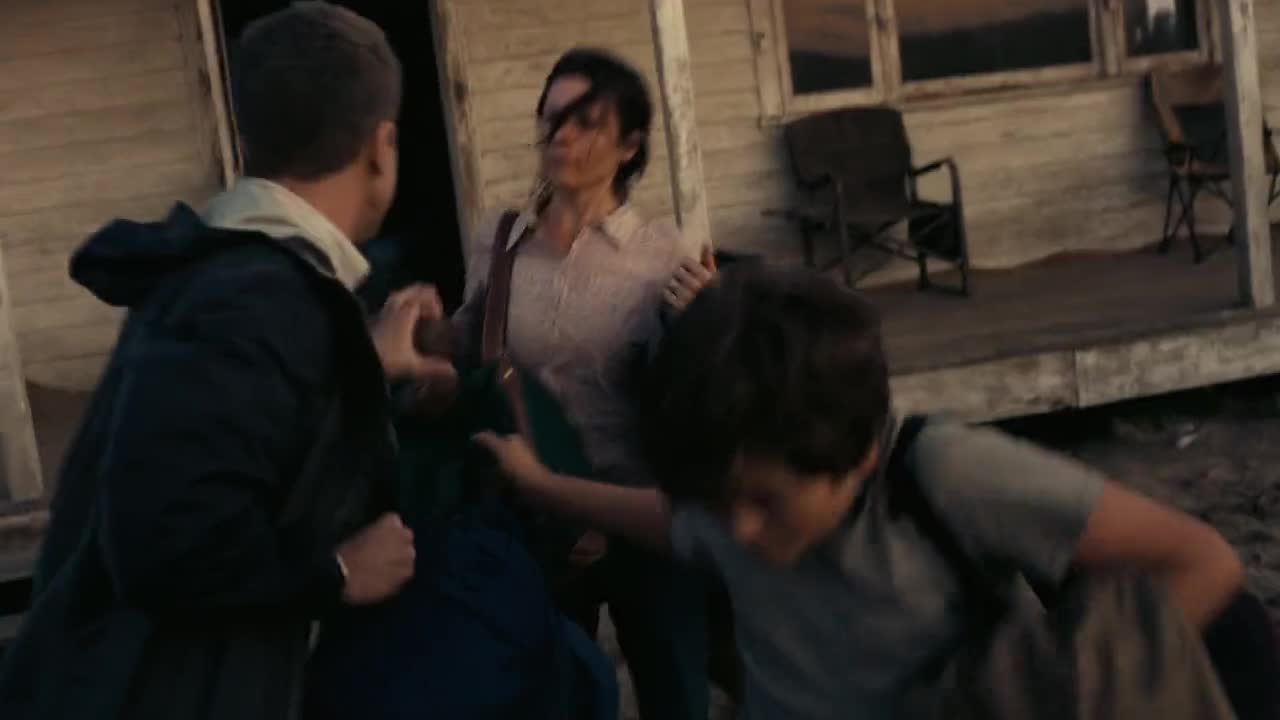This is discussed (at reasonable length) in the film's novelisation. In short, it's not made clear why he's averse to medical help being brought, but Murph herself has a few theories; That it would be an admission of personal failure, that he'd have to admit that the Earth was doomed, that he's become indoctrinated by the anti-science forces seen at the start of the films, etc.
Apologies for the quote length.
“We may have something for that,” Tom said, as he and Coop started to
take the dishes into the kitchen. As Coop took Murph’s plate, he began
coughing—an awful, deep-chested cough.
The boy must have seen the concern on her face, because he started
grinning at her.
“The dust,” he told her. Like it was nothing. As if being sick was
just part of it these days, like a stubbed toe or a bloody nose.
Normal childhood stuff no one could do a thing about.
Was that how Tom saw things? He might. Otherwise he would have asked
her if she could do anything. Even if he didn’t really understand what
she did, he knew she had access to science and medicine that most
folks didn’t.
“I have a friend who should have a look at his lungs, Lois,” she said,
as Tom and Coop went into the kitchen. Lois nodded, and seemed
about to say something when Tom came back in with a bottle of whiskey
and sat down. Murph frowned briefly, but didn’t say anything. Outside,
she saw clouds of dust, rolling across the twilight plain.
On the drive back, churning across the same battered road she traveled
with her father all those years ago, Murph wondered about Lois’s
reluctance to discuss the idea of Coop seeing a doctor. Was she afraid
Tom would see it as some kind of concession—an admission that he
couldn’t provide everything his son needed? Or worse, would it force
him to admit—to himself as much as anyone else—that things were
getting worse?
But it wasn’t just Coop. It was getting worse for everyone, she knew.
More people were getting sick—and staying that way. What had happened
to Nelson? It was Tom who didn’t want to talk about that.
Projections showed that respiratory ailments were on the rise both in
number of the afflicted and the severity, and dust was only part of
the problem. Elevated nitrogen levels were taking their toll on human
health, as well—directly and indirectly. In the seas, excessive
nitrogen was causing widespread algae blooms and huge pockets of
hypoxic waters, especially in shallow environments where reefs had
once thrived. That, added to the climatic changes that had shifted
major currents, was driving the greatest marine extinction since the
Permian period—which was to say in the history of the planet.
Once the seas were dead, or mostly so, it would only be a very brief
matter of time before what was left of the terrestrial ecosystem
crashed. Life itself wasn’t in danger—bacteria, for instance, would
continue to thrive. But an environment capable of supporting human
life? That could be numbered in less than a handful of decades. Maybe.
If they were lucky.
Not that most people knew any of this. If you listened to the news,
things were just about to turn around. “Any day now.” Only she and a
relative few others knew the truth. Without plan A, everyone on Earth
was going to be dead in a generation. Two, at best.
She had spent all of her adult life dealing with the big end of that,
with trying to save the race. But here she was at the other end of
things, watching her nephew hack up his lungs. What if Coop, like his
brother Jesse, didn’t survive long enough for plan A to begin?
She didn’t have to let that happen, whatever Tom did or didn’t
believe. She could do something about it.

 That right there. That's Lois and her son moving rapidly to get into the jeep, with the doctor.
That right there. That's Lois and her son moving rapidly to get into the jeep, with the doctor.